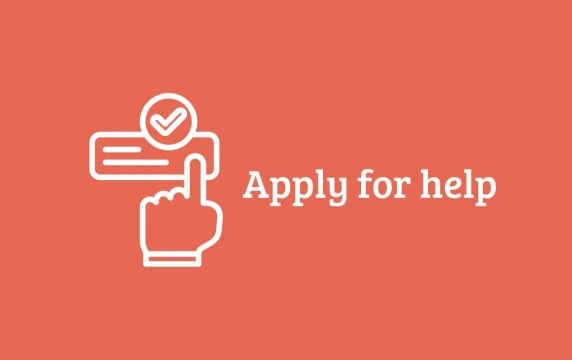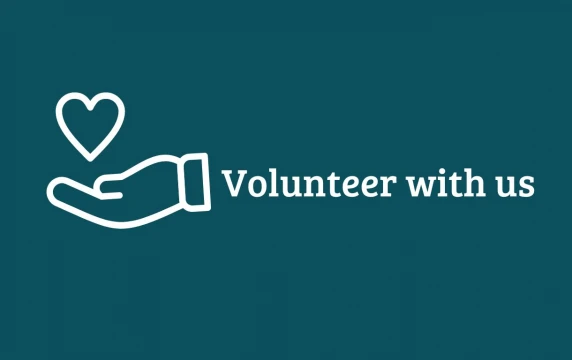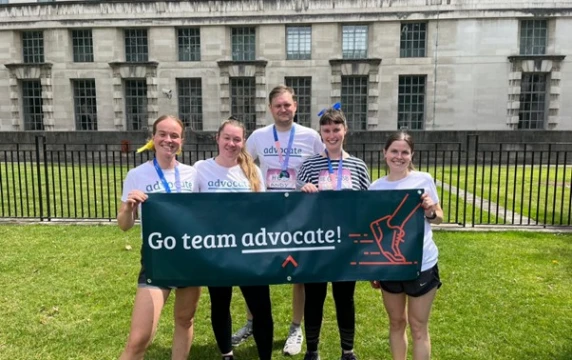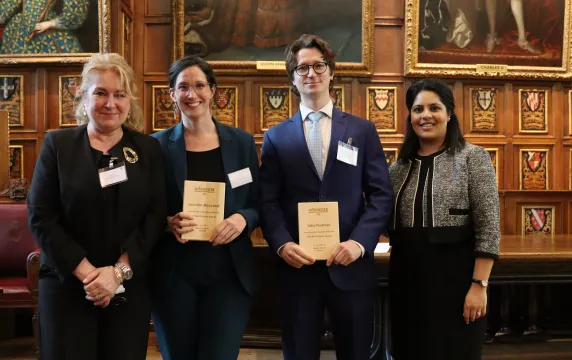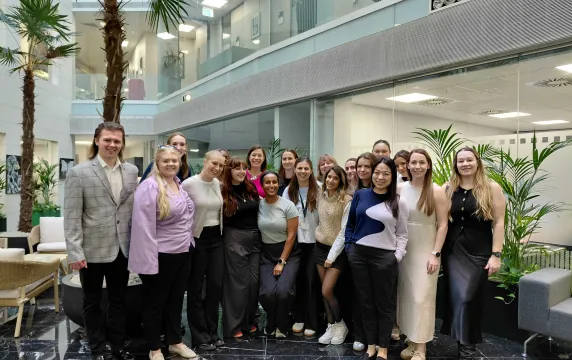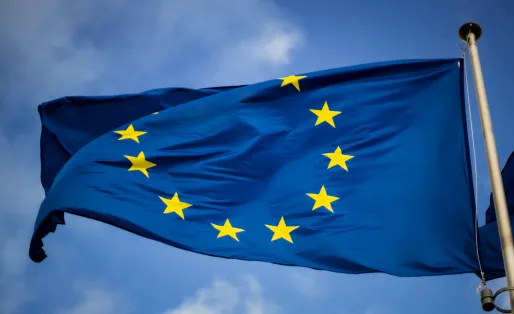 Sophie and Suhanya (Advocate’s social welfare caseworkers) provided casework support to barristers to ensure complex applications could be filed with the best possible evidence. Here they discuss their work and two outstanding cases.
Sophie and Suhanya (Advocate’s social welfare caseworkers) provided casework support to barristers to ensure complex applications could be filed with the best possible evidence. Here they discuss their work and two outstanding cases.
In late March 2021, Advocate was approached by Gráinne Mellon of Garden Court Chambers to partner with Here for Good on their EU Settlement Scheme (EUSS) project. The aim was to recruit more barristers to assist as many vulnerable individuals to apply to regularise their status in the UK before the deadline of 30 June 2021.
We collaborated with Here for Good by providing administrative casework support and a licence to enable barristers who are not direct access qualified to assist clients directly. In the space of just a few weeks, we had interest from over 70 volunteer barristers from Advocate’s panel, and these barristers alone were able to assist 30 applicants with the very complex cases.
We were honoured to be able to contribute to this project in any way that we could. From liaising with schools, social workers, embassies and government departments as well as the clients themselves, we devoted significant time to try and help those most in need gain their rights to remain here in the UK. We are very grateful to the barristers who stepped up in this time of need to take on more pro bono cases when they already have so much work on their plates. Without their generosity and dedication to access for justice this project would not have been possible.
Two of the cases we worked on really stood out, demonstrating why this project was so vital to protect the rights of those most in need.
|
Aurelia Aurelia was referred to Here for Good by her local law centre who concluded she was unlikely to be awarded British citizenship and would have to apply to the EU Settlement Scheme, despite having lived in the UK since she was born. We liaised with social services, Aurelia’s schools and the French consulate to obtain any evidence that could be used to support her application for settled status. Unfortunately, her lack of parent or guardian presented serious obstacles and the French consulate would not issue a passport directly to a minor. After multiple attempts and outlining Aurelia’s uniquely complex circumstances, we were successful in obtaining a certificate verifying her French nationality, and we hope that she will obtain a full French passport when she turns 18. Despite these difficult circumstances Aurelia is continuing to attend college and hopes to receive settled status in the near future. |
|
Baby T The mother continues to disagree with the care order but after much persuading agreed to assist with negotiations with the Polish embassy to help Baby T stay in the UK. We initially had productive conversations with the Polish embassy and had high hopes that Baby T would be able to obtain a full Polish passport. However, unforeseen issues with identity documents posed a serious obstacle to this. The mother herself is homeless at present and her identity documents were broken and sellotaped together, and Baby T’s birth certificate listed an incorrect father. Despite securing an emergency appointment just days before the deadline, the Polish embassy refused to accept the identity documents, and refused to provide Baby T with any proof of nationality. This was a heart-breaking conclusion to extensive efforts made by us, the social workers and another charitable organisation. In spite of this set-back we are hopeful that Baby T will still obtain settled status, due to the concerted efforts of all involved and their successful submission of his application and supporting evidence. We are hopeful that Baby T will secure confirmation of his Polish nationality in future. |

